Told by an Idiot
How can we tackle the lack of diversity on stage? We spoke to theatre company, Told by an Idiot, for their advice.
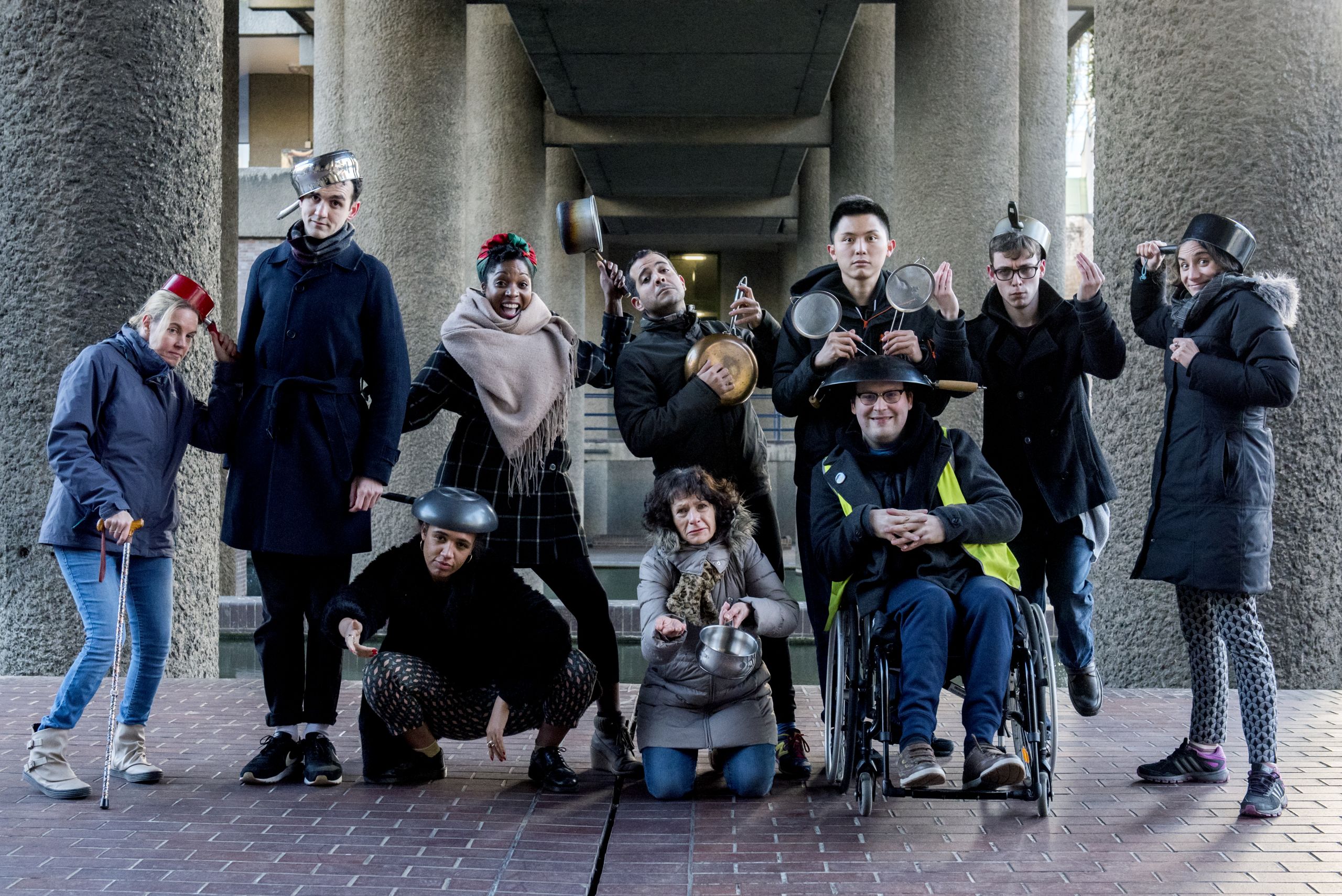
As part of The Art of Change, Told by an Idiot have been looking at how to tackle the lack of diversity on stage. During a two week residency in The Pit, a new generation of actors make work in the moment, transforming before our eyes and stimulating our imaginations.
We spoke to the company to hear their thoughts on how art can effect change in society and what change they would like to see in cultural venues…
'As a disabled performer, theatre has given me a voice or at least has allowed me to crank up the volume '
Jack Hunter
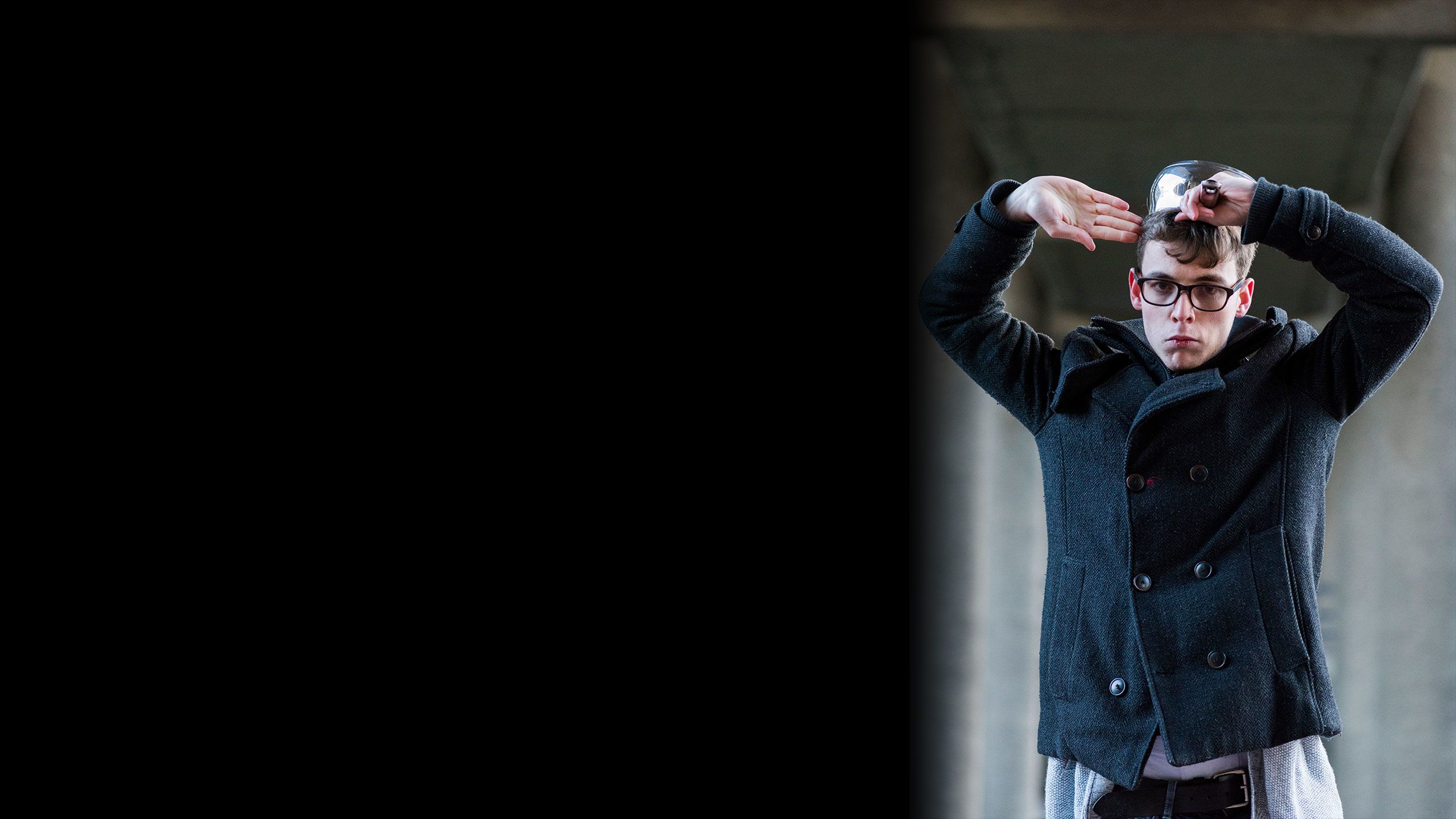
‘Art can influence how you think and how you feel. It’s powerful. As a disabled performer, theatre has given me a voice or at least has allowed me to crank up the volume.
Continued changes to improve accessibility for disabled people within cultural venues would be most welcomed. In recent times, developments have been made to do so by improving building access and introducing relaxed performances within theatre. However there is still a long way to go.’
'I think there needs to be less of a focus on workshops that give out false hope and more of a focus on paid work'
Peter Keeley
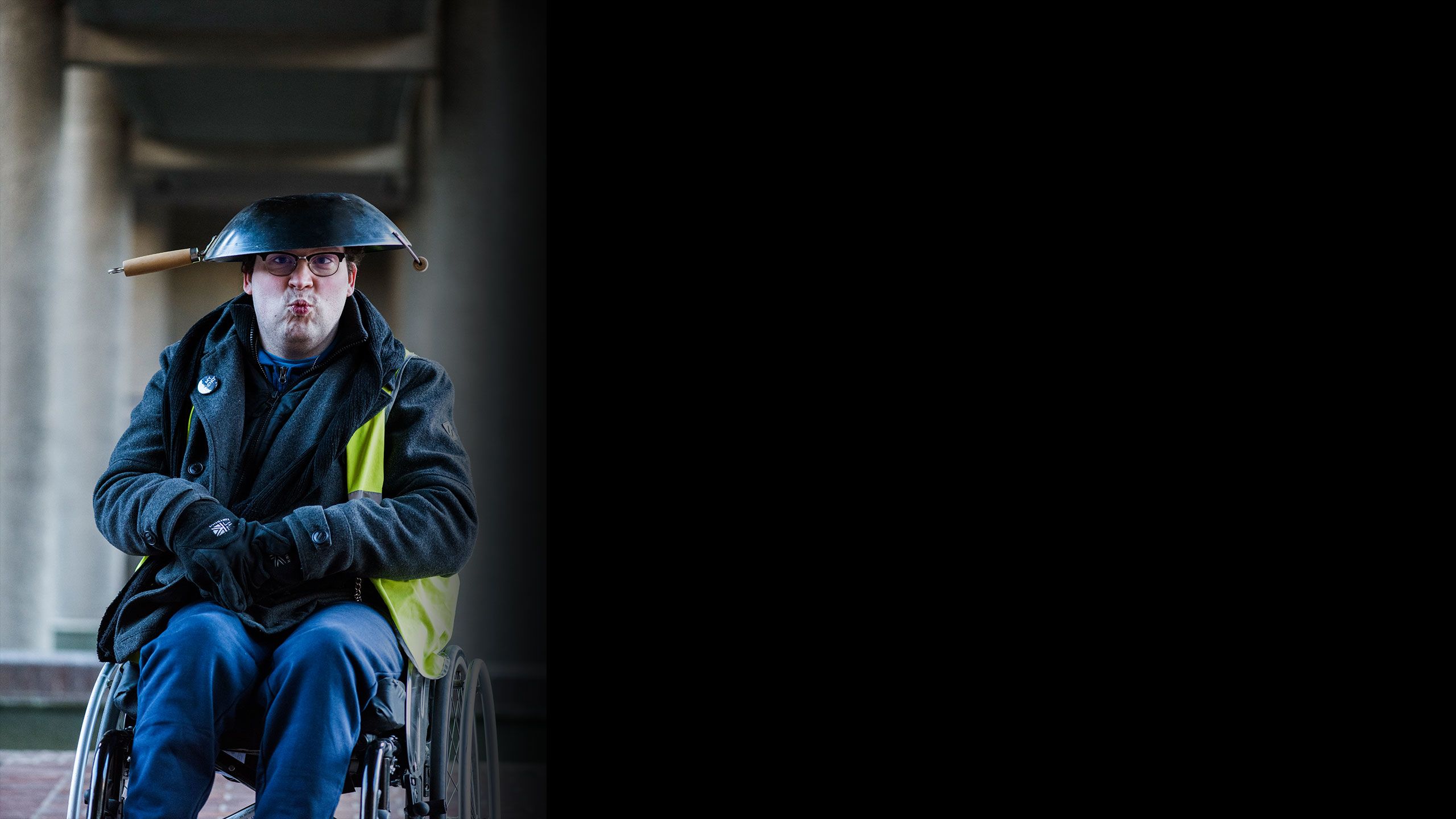
‘Art can be the wrecking ball that breaks down the walls of prejudice and leads to a deeper understanding of human nature and the issues that affect it.
I’d like to see more work that reflects the experience of the people who attend these cultural venues instead of just reflecting the ideas of those who run them. I’d like cultural venues who talk about making a difference in their field to act upon their words instead of just speaking the words they know financial backers wish to hear. I think there needs to be less of a focus on workshops that give out false hope and more of a focus on paid work. I enjoy Shakespeare and Chekhov and other many other pre-20th century playwrights but would like to see more contemporary writers, such as myself, given more chance to develop their work for stage.’
'Art must plant the seed for change in the minds of individuals'
Macsen McKay
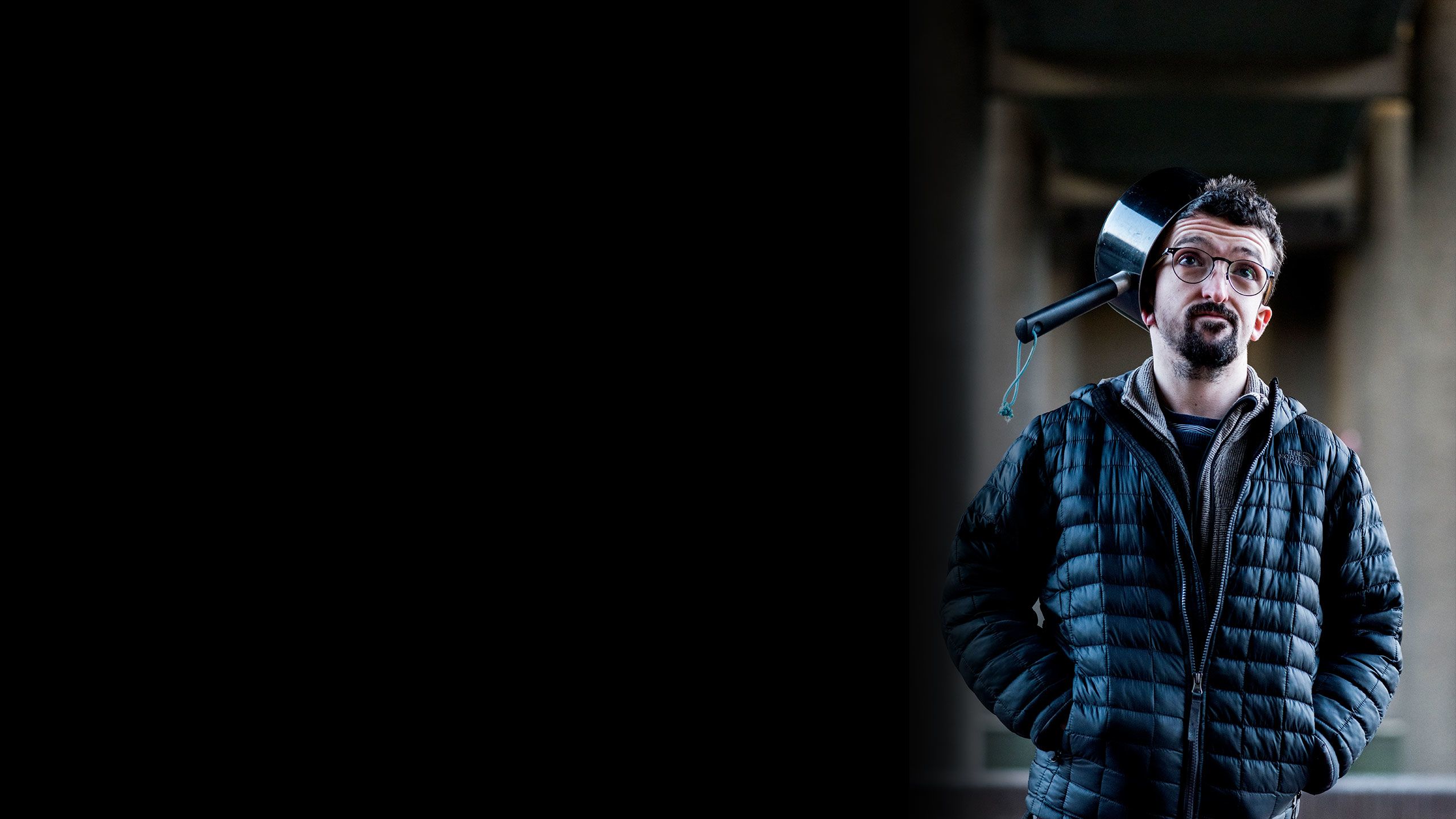
‘In order for the arts to effect change, art must be created that makes people think. It must plant the seed for change in the minds of individuals. Great art has always managed to bring about a fresh way of thinking. The most important thing, I think; is that there is a perfect balance between subjectivity and objectivity. It should resonate with everybody, but never quite in the same way.
It would be nice to see more smaller, quieter areas inside venues. Where people could go to meet and discuss, or write or read. An escape, almost. Where anyone could go and be creative, even if just on the way home from work, or whilst on your lunch break.'
‘Do we care more about buildings than people in this country?' Anna Scutt
‘I think art can change opinions. In my experience, if disabled performers are cast in roles written for able-bodied performers, audiences accept it. The change I would like to see in cultural venues is disabled access onstage, backstage and for audiences. The question we should be asking ourselves is ‘Do we care more about buildings than people in this country?’’
Sophie Woolley
‘Art can create empathy. I'm excited about the progress made by many venues in recent years. The arts are opening up to deaf and disabled people at the very moment of intense societal retrogression. Keep going everyone!'
'The darker the humour, the closer you're getting to the point'
Nina Smith
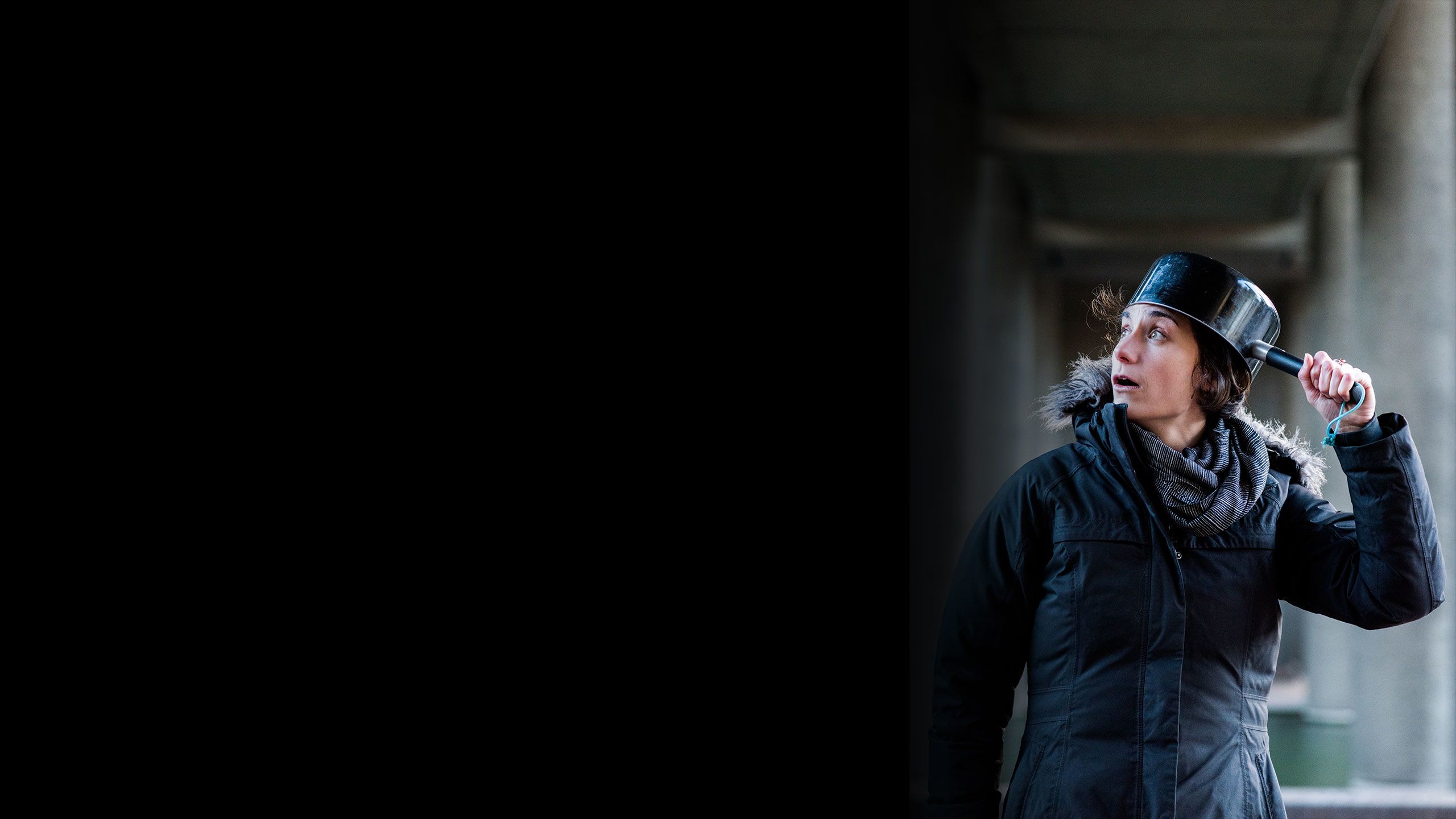
‘I think art can only change society when it manages to disrupt it. Art has to challenge our societal conventions by showing us the good, the bad and the ugly but it's how you package that I guess and that should strive to be humane. But I do always find humour works the best, because it addresses the taboos. The darker the humour the closer you're getting to the point.
What would I like to see in cultural venues? More culture! Shows, art and music made by people from every walk of life. I started trying to write why this isn't happening but it turns into a rant, so I'd much rather use it as a material for Let Me Play The Lion Too!
'When something is fun, you receive it with a much
more open heart'
Robin Khor Yong Kuan

‘I think art does not just effect change in society, it actually shapes the way we live. And art is fun, so when something is fun, you receive it with a much more open heart. And we should just allow this new notion to affect us naturally and eventually it will become part of someone's life.
I would love to see events and projects with a much more diverse range. Therefore, running a wider range of workshops tackling different groups of people of interest will be what I would like to see'
'I like to think that arts are the primary tool to change our society into a better one'
Carlos Mendoza
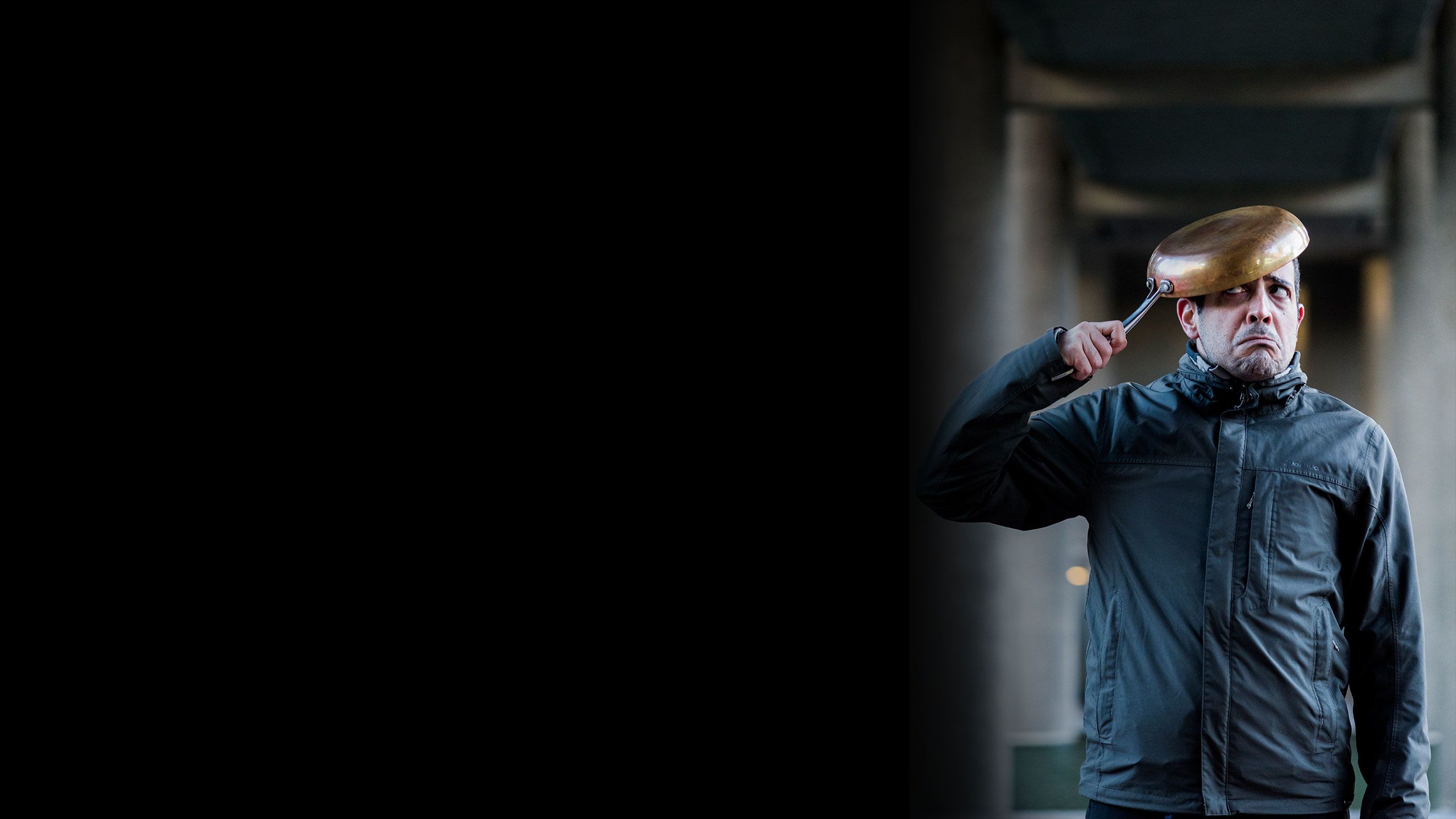
‘I like to think that arts are the primary tool to change our society into a better one. Art has been changing society from the very beginning. Changing our way of thinking, changing the way we dress, changing our streets with architecture, sculptures, paints, pictures - they change the way we speak, move, dance, and look at the world, religion, and how we interact with each other.
If we work to include a bigger representation of our society in our art - colours, religions, every kind of people, bodies and sizes, what concerns us, what we want to change and what we love, we would be able to build a better world. The question is: what would happen if we didn’t support the arts? How would our society change without art?
As a Spanish artist, I have always been surprised to see how big and well organised the cultural venues in London are. Comparing them with Spanish venues, they feel more connected with the people and the community. I would like to see more of this, more inclusive performance, more international work that make us travel, understand each other and break the frontiers.'
Ryan Lane
‘Art is there to challenge what we are continually told to think. It can promote discussion, break boundaries and ultimately create a change to our perceived notions of society.
I always want to see more diversity; how can we create change if we're always catering to the same audiences? It is happening but not fast enough. And theatre tickets are still too expensive. I am often missing out on shows I would love to see but I just cannot afford.’
Jean St Clair
‘The disability arts movement provides a platform to challenge society’s conventional assumptions about ‘impairment and disability’. And the change I’d like to see in cultural venues? Access, access and more access!'
'Integrated theatre is achievable and there is a demand and need for this type of work'
Amanda Wright
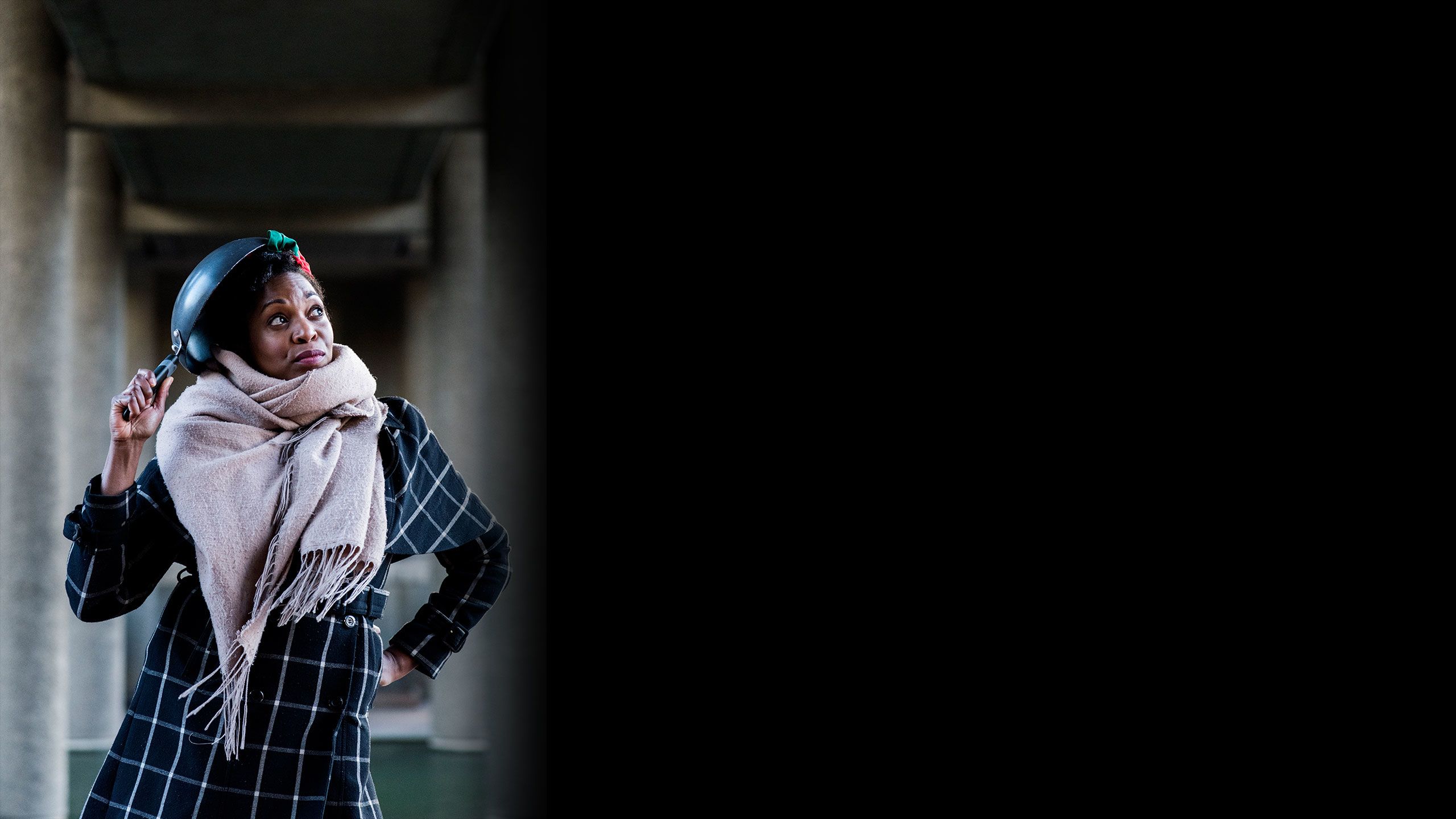
‘It has been proven that creative activities are vital in developing non-cognitive skills like communication, determination, confidence and team work. Also, an appreciation and understanding of the arts creates critical thinkers and people who are curious about the world they live in and want to discover more - broadening horizons and aspirations. These are vital skills for personal development. If everyone was able to develop these skills, I believe that there would be a significant change in society.
Projects like Ramps on the Moon and Let Me Play the Lion Too prove that integrated theatre is achievable and there is a demand and need for this type of work. I would like to see integrated productions become the norm in cultural venues rather than a unique experiment. At present, access is something that usually happens after the creative process has taken place, such as audio described performances, BSL interpretation, subtitles. I would like to see access totally woven into the performance as part of the creative process and that casts better reflect the society we live in. This would have a huge impact on the demographic on audiences.'
'It's up to us to break down these barriers and create a safe space for all to create and appreciate art'
Sophie Mercell
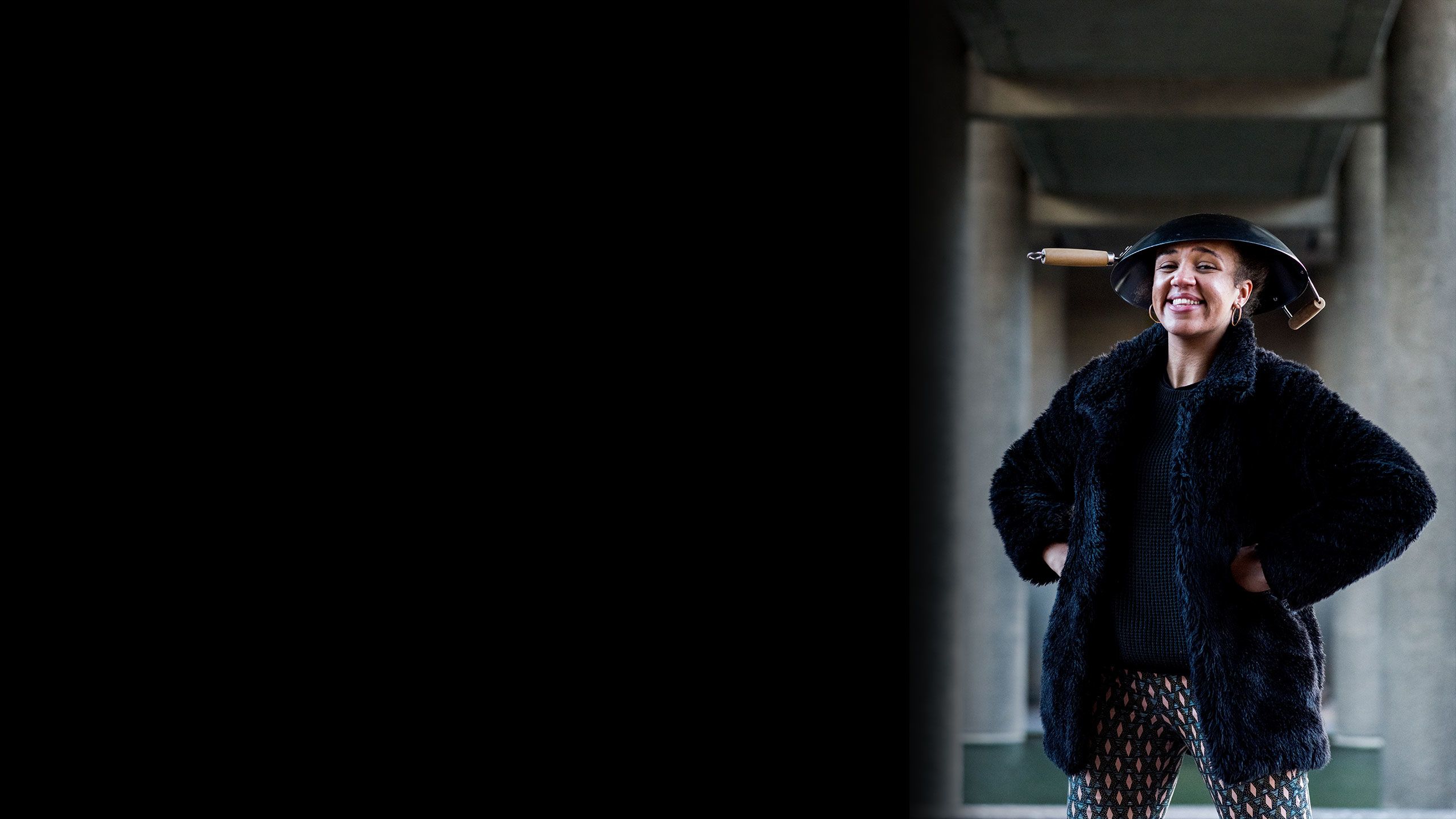
‘I think art has the power to arouse discussion and evoke change. It can open perspectives and ask questions in a safe space that we're afraid to ask in day to day life. It should aim to inspire and be accessible to all. I'd like to see more accessibility and diversity in cultural venues. I think there is a level of intimidation that can be related to these spaces and it's up to us to break down these barriers and create a safe space for all to create and appreciate art.’
Let Me Play The Lion Too
Sat 3 Mar
With Told by an Idiot’s Artistic Director Paul Hunter assuming the role of playful provocateur, a new generation of actors makes work in the moment, transforming before our eyes and stimulating our imaginations.
Initiated by a desire to effect change in relation to a lack of diversity onstage, Let Me Play The Lion Too began with an inclusive, open audition process attended by more than 260 performers with varying levels of experience.
Designed to present opportunities to those underrepresented in theatre, including actors with disabilities, the project brings together a talented company with a shared passion for developing original material rooted in the Told by an
Idiot trademarks of collaborative writing, curiosity and comedic sensibility.
Book tickets
Part of Sky Arts Art 50 : an initiative to support and commission new work that engages with ideas around our current and future national identity.
Supported by The City of London Corporation and The Boris Karloff Charitable Foundation
About Told by an Idiot
Told by an Idiot explores the human condition through theatre that is bigger than life. They acknowledge the artifice of performance and make no attempt to put reality on stage, but inhabit the space between laughter and pain which exists in the real world. Their work is rooted in the live event and thrives on a sense of spontaneity and risk, celebrating the unpredictability of performance. Through playful collaborative writing, anarchic physicality and a comedic sensibility they create genuinely spontaneous experiences for audiences.

